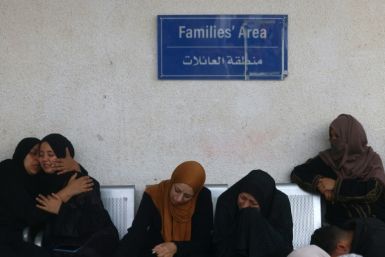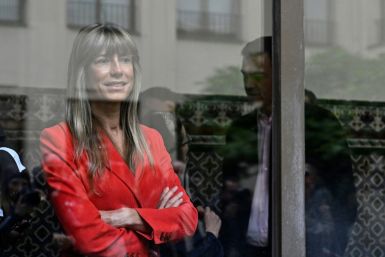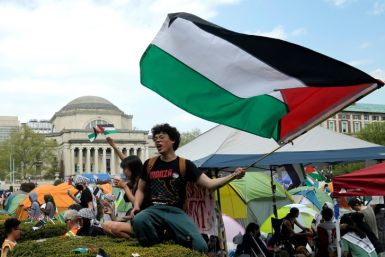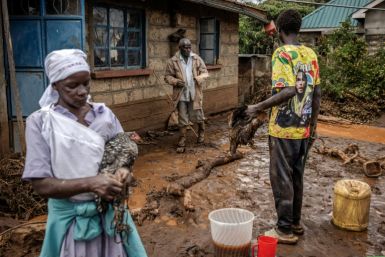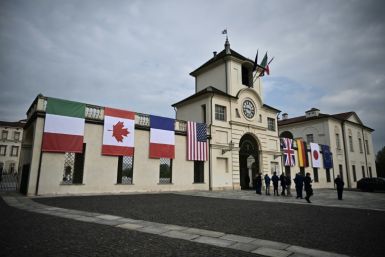Putin Softens: Says Russia Can Cooperate With West, Russian Energy Major Rosneft Signs Deal With British Petroleum
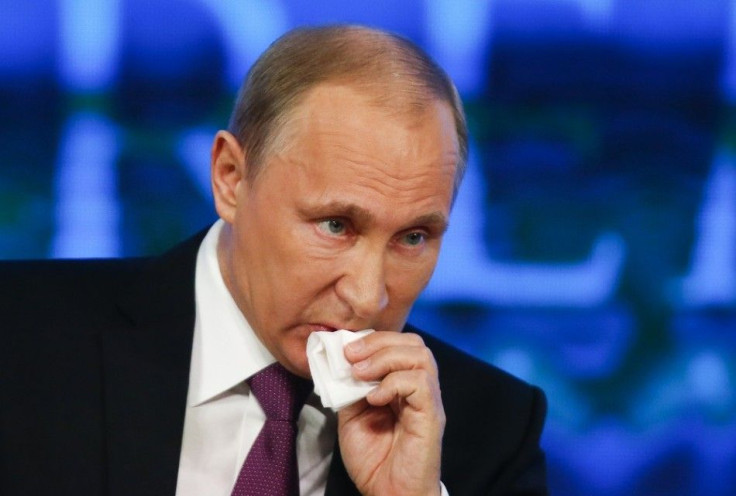
Russian President Vladimir Putin has stated that Moscow is not averse to economic co-operation with the West despite the sanctions imposed on it over the Ukraine crisis. Mr Putin was addressing the Economic forum in St Petersburg and said Russia's economy has adapted itself to face the pressures of sanctions. Significantly, Mr Putin avoided the usual anti-Western rhetoric, observers noted.
"The imposition of so-called sanctions has forced us to significantly step up efforts to replace imports with domestic products. We have made serious steps and achieved noticeable results in a number of areas", said Mr Putin and claimed that economy has "stabilised" and its financial and banking systems are now attuned to the new conditions. He also stressed Russia's desire to remain a key player in the world economy and desire to work with the west as well as other countries. Noting that Russia is open to the world, Mr Putin said active co-operation with new centres of global growth, implying China, it no way means that “we intend to pay less attention to our dialogue with our traditional Western partners.”
Ukraine Issue
Referring to Ukraine, the Russian president said ushering in peace is the responsibility of Ukraine government. He said giving more rights to the eastern rebel regions, granting amnesty to the rebels and holding of elections in the east as agreed in Minsk peace agreement are important steps in ending the conflict.
Despite disowning the charge that Russia has been supplying soldiers and heavy weapons to the eastern Ukraine rebels, Russia has not been able to convince both Ukraine and its western supporters about its innocence. As a result, EU member states are extending the one year old economic sanctions against Russia by another six months, which will be ratified at an EU foreign ministers meeting soon. Russia was slapped sanctions by the European Union and U.S. after Moscow's annexation of the Crimean peninsula from Ukraine in March 2014. The economic blockade is targeting Russia's energy, defence and financial sectors and had its bad effects on major Russian state banks and corporations.
Rosneft Deal
Meanwhile, true to Putin’s new soft line on the west, State energy giant Rosneft’s action of inking a pair of deals with European companies became significant. It also highlighted long-standing business links of Russia with the West. Rosneft and its chief executive were targets of the sanctions. The U.S. even imposed personal restrictions on Rosneft Chief Executive Igor Sechin, who is considered a confidante of Mr. Putin.
As per the deal, Rosneft will be selling a minority stake in a Siberian oil-and-gas field to the U.K. energy giant BP PLC for $750 million and buy a stake in a German refinery from France’s Total SA for $300 million. The deals were announced June 19 and will cement a strategic alliance between Rosneft and BP, with BP also taking a 20 percent stake in Taas-Yuryakh Neftegazodobycha in Eastern Siberia.
(For feedback/comments, contact the writer at k.kumar@ibtimes.com.au)


